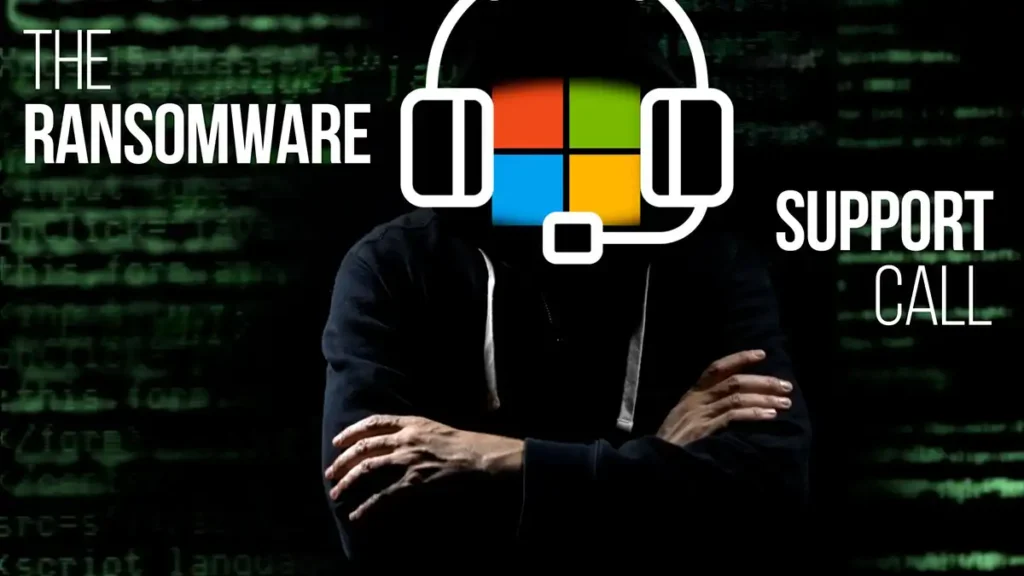Picture this: You’re having a busy day at work when the phone rings. On the other end of the line is someone claiming to be from Microsoft Teams support. They sound professional, helpful even. But before you follow their instructions, ask yourself: could this be a scam?
The latest trend in cybercrime involves scammers posing as “help desk” staff to trick employees into granting access to their devices. It’s part of a larger ransomware strategy designed to lock businesses out of their own data until they cough up a hefty ransom. These attacks are devastating and growing in sophistication.

Recently, a notorious cybercrime group took this scam to a whole new level. Here’s how their operation works:
But it doesn’t stop there. These scammers are also leveraging Microsoft Teams to gain trust. They’ll create fake Teams accounts with usernames like “Help Desk” and domains such as “securityadminhelper.onmicrosoft.com.” Then, they send one-on-one messages to employees, claiming they need access to their devices to resolve an issue.
Ransomware attacks are more than just an inconvenience; they’re a direct threat to your operations, reputation, and bottom line. Here’s what’s at stake:
Education and vigilance are your first lines of defense. Share this information with your team and encourage a healthy skepticism toward unsolicited calls or messages. Here are a few specific steps to safeguard your business:
Ransomware is serious business, but it doesn’t have to become your business’s problem. By staying informed and proactive, you can protect your operations, your customers, and your reputation. If you’re unsure whether your systems are as secure as they could be, we’re here to help. Get in touch today to discuss your cybersecurity strategy and ensure your business is prepared for whatever comes next.